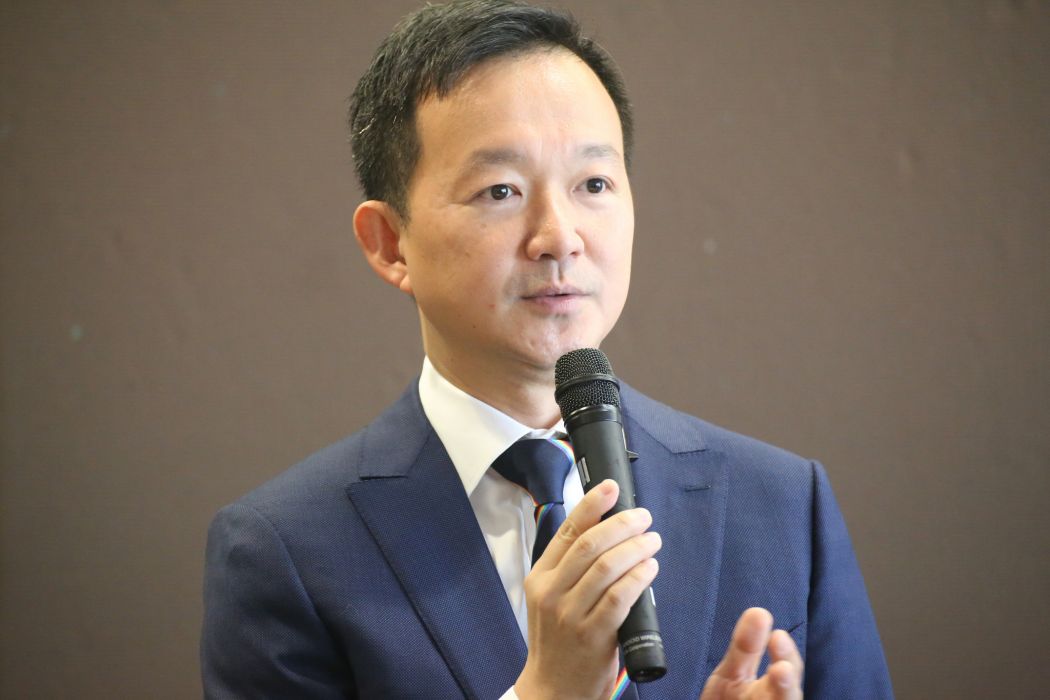Ricky Chu, a former anti-graft agency director of investigation, has been appointed as the chair of the Equal Opportunities Commission (EOC) for a three-year term from April 11.
He will succeed incumbent chair Alfred Chan. Chu served on the Independent Commission Against Corruption for 35 years, before he retired from the watchdog this month. Between 2011 and 2016, Chu was the secretary-general of the Independent Police Complaints Council.
Chu said he was honoured and pleased to accept the appointment on Friday.

“The EOC and I share the common goals of building a pluralistic and inclusive society and promoting equal opportunities for all. We also share the values of impartiality, fairness, justice, objectivity and transparency,” he said in a statement.”
“I welcome and treasure this opportunity of leading the EOC in the pursuit of excellence, and will devote my best efforts to sustain its achievements and march forward.”
The EOC said Chu had a strong background in investigations, operation, management and public administration, as well as with substantial experience in handling complaints from the public, and a commitment to upholding human rights.
NGO Hong Kong Unison said it hoped Chu would uphold the independence of the EOC, so that it can proactively tackle issues related to ethnic minorities’ rights and education.
“Unison hopes that the new Chairperson can intensify EOC’s monitoring of the government’s support to Chinese learning for non-Chinese speaking students, as well as address the phenomenon of de facto racial segregation in public schools, so as to protect ethnic minorities’ equal right to education and employment,” it said.

“Unison is highly concerned about the flaws in the Race Discrimination Ordinance, especially regarding the fact that the Ordinance does not cover acts of racial discrimination during the government’s exercise of functions and performance of powers. We request the new Chairperson to announce his plans to advocate and fight for this amendment.”
Hong Kong Unison said the selection of Chu did not abide by the Paris Principles on the independence of national institutions, since the chair was appointed by the government.
“Unison hopes that the new Chairperson can ensure sufficient structural independence and finance and human resources to effectively fight for equal opportunities and combat discrimination so as to better monitor the local progress for equal rights,” it said. “He should also actively reach out to civil societies and speak out on issues related to human rights and equal opportunities to promote racial equality.”

Ray Chan, the first openly gay lawmaker, said he had met Chu for a few times, but he was not certain about Chu’s knowledge of human rights issues.
Chan said Chu was from the disciplinary forces, where – in many cases – officers did not respect human rights. He said he hoped Chu would prepare himself better with ethnic and sexual minority issues.
“[Chu] has to dare to challenge the government and the current system, in order to question the inadequacy in our system,” Chan said. “He cannot stay the same like his time in disciplinary forces when he simply followed the law.”
